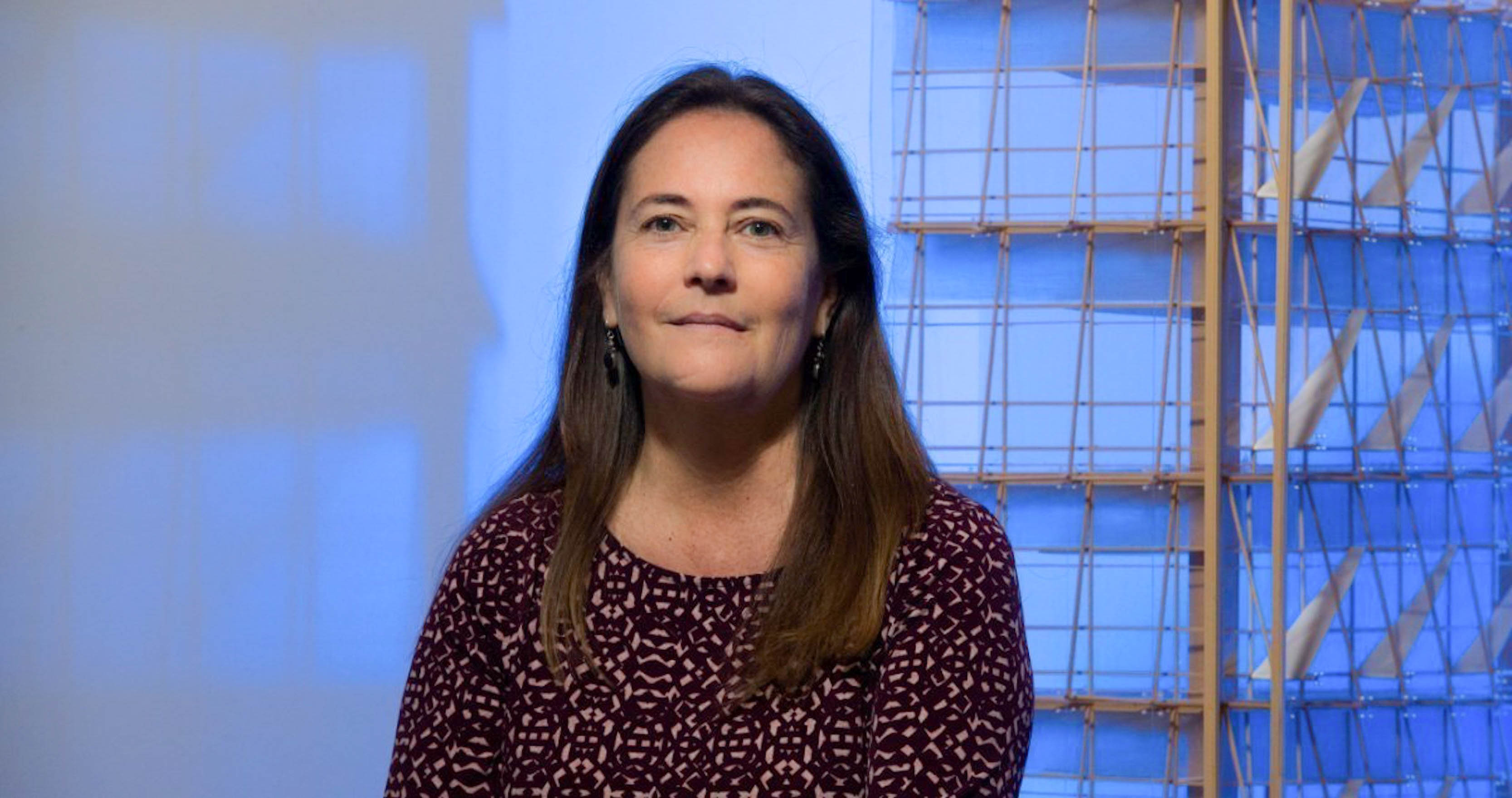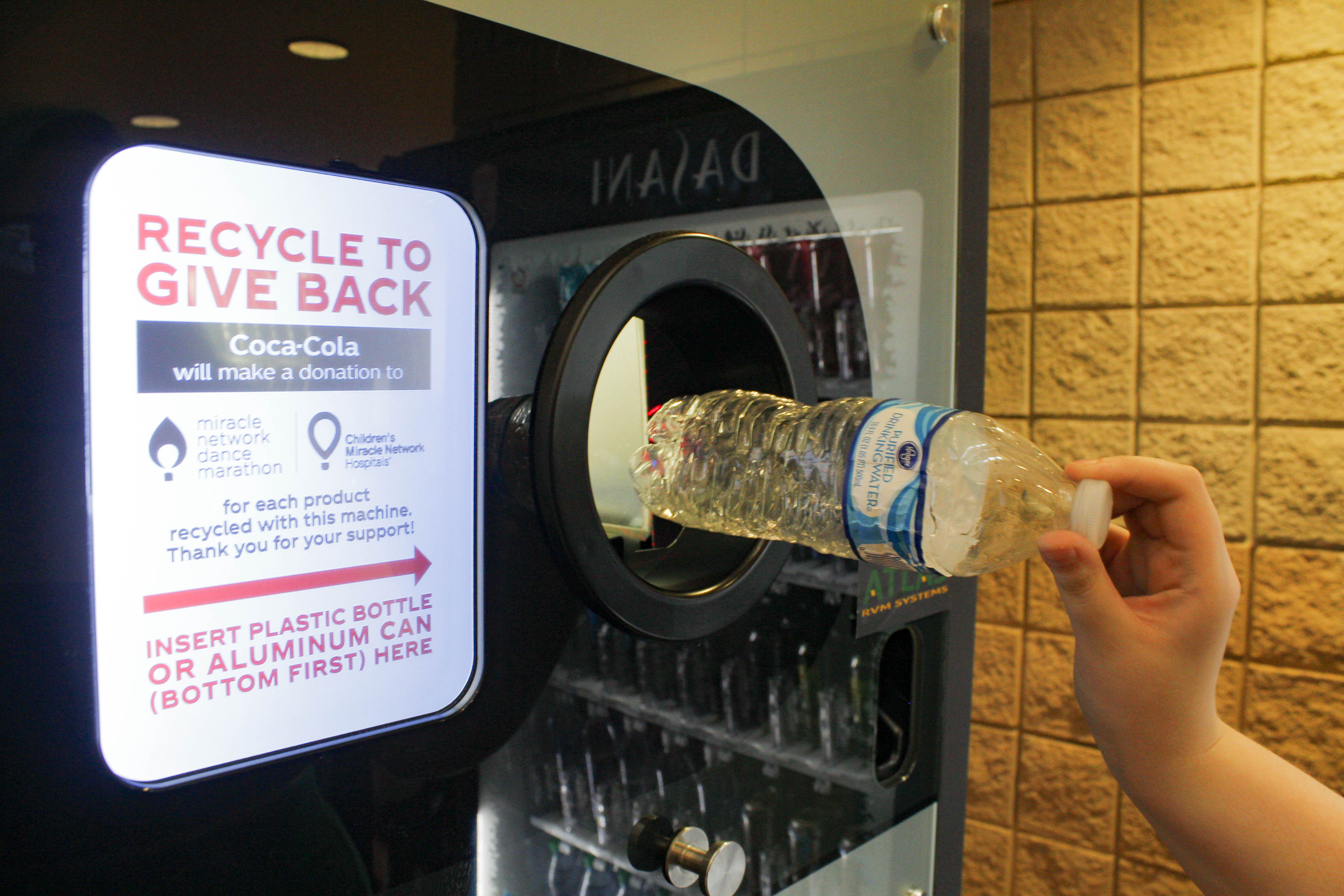The Food and Drug Administration approved the first over-the-counter Naloxone nasal spray on March 29, just in time for students to sign up and attend Kennesaw State’s monthly Naloxone training at the Center for Young Adult Addiction and Recovery being held on April 17.
Blake Schneider, director for the CYAAR, described Naloxone as “a lifesaving drug that has prevented the opioid overdose of countless numbers of individuals across the nation.”
Schneider himself has a Naloxone kit which he keeps in his backpack in case of emergency.
Lindsay Montgomery is the alcohol and other drug education program manager for the CYAAR. She said that Naloxone has several different brand names including Narcan, Kloxxado, Evzio and Zimhi.
“All of these are the same medication with different delivery methods, either intranasal or injectable. Narcan was approved for over-the-counter sale just this week,” Montgomery said. “Opioid overdose is a leading cause of accidental death. We have lost KSU students and alumni in recent years to opioid overdose. If we can save lives, we should.”
Naloxone training started at CYAAR in 2014. Montgomery said that thousands of students, staff and faculty have attended the training. She said that each participant receives a Naloxone kit that includes Naloxone and other safety supplies.
CYAAR’s Naloxone training program provides “information about opioid use, safe medication storage and disposal initiatives, signs and symptoms of opioid overdose, information about Naloxone, information about the Georgia 911 Medical Amnesty law, stigma reduction, administration of Naloxone and hands on experience with various Naloxone delivery devices,” according to Montgomery.
“In this state, the Georgia 911 Medical Amnesty law protects people from arrest, charge and prosecution for possession of certain drugs and drug paraphernalia in the event of a medical emergency,” said Montgomery. “The caller, the victim and anyone in good faith trying to render aid to the victim are protected.”
Anna Yancey, a senior at KSU, completed Naloxone training. Yancey was completing a research project for her Capstone course on prescription opioid drug abuse in metro Atlanta at the time.
“Before training, I knew overdoses were common when using opioids, even for those not misusing them,” Yancey said. “I think it’s very important for students and staff to be aware of on-campus Naloxone training. Having a large population of people with Naloxone and training can help prevent deaths via opioid overdose.”
The Centers for Disease Control and Prevention website says that rates of overdose deaths increased by over 56% from 2019 to 2020. It says this increase in overdose deaths puts a spotlight on the importance of expanding prevention and response activities.
For more information or to register for KSU’s Naloxone training, visit Owl Life.
“One life saved due to the administration of Naloxone is well worth the effort to either participate in a training or purchase the drug over the counter,” Schneider said.



